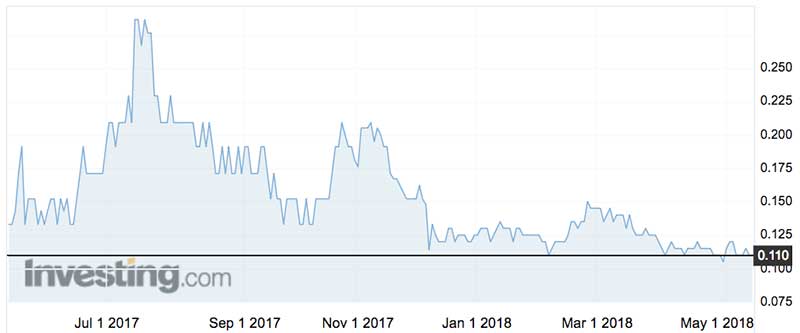Dimerix launches two new trials to test kidney disease drug

Pic: sinology / Moment via Getty Images
Biotech Dimerix is launching two new trials for its chronic kidney disease drug after discovering it worked really well for a “commercially attractive” patient group.
Dimerix (ASX:DXB) will run the trials simultaneously to test the drug’s effectiveness on 10 patients with Focal Segmental Glomerulosclerosis and 40 patients with Diabetic Kidney Disease.
Focal Segmental Glomerulosclerosis refers to scarring on the kidney caused by drugs, an infection or disease. Diabetic Kidney Disease is caused by high blood sugar damaging kidney blood vessels.
Last year, Dimerix did a Phase 2a “all comers” clinical trial, where its lead drug DMX-200 was given to patients with a range of chronic kidney diseases.
The new trials are classed as Phase 2b.
Clinical trials are generally divided into three phases. Phase 1 focuses on safety, phase 2 tests effectiveness and Phase 3 examines whether it’s an improvement on existing treatments. Sometimes phases are divided into stages A and B, where B is generally more rigorous.
The earlier Phase 2a trials turned out to be safe, but also showed that it worked best on people with Diabetic Kidney Disease.
CEO Kathy Harrison told Stockhead the improvement was a reduction of protein in the urine.
“When the kidneys are not functioning properly protein leaks into the urine. Protein in the urine is an indicator of the rate of decline of the kidney and a reduction in proteinuria is associated with improved outcomes,” she said.

Patients asked to stay on trial treatment
Eleven of 24 patients in last year’s Phase 2a trial asked the government’s Therapeutic Goods Administration drug regulator to stay on the treatment after the trial finished.
So Dimerix decided to run a trial for them in tandem with an already-planned Phase 2a trial for the scarring disease, for which they have Orphan Drug Designation in the US.
Orphan drug status is a series of tax and other incentives to encourage companies to make drugs for rare (and therefore not profitable) diseases.
The scarring trial is just to ensure that it’s safe and works. The diabetes trial is to see if it can change albumin creatinine ratios over 24 hours.
- Bookmark this link for small cap breaking news
- Discuss small cap news in our Facebook group
- Follow us on Facebook or Twitter
- Subscribe to our daily newsletter
The presence of a small amount of albumin in the urine may be an early indicator of kidney disease.
“The major benefit of raising additional funds in the last capital raise has been that we now have the opportunity to progress to efficacy trials in both FSGS and DKD, with the trials designed to maximise Dimerix’s ability to partner the DMX-200 program. In addition, running these trials in parallel brings significant cost-saving benefits,” Ms Harrison said.
She expects the dual trials to save about $500,000.
In both trials every patient will receive both study drug and placebo with a six week washout period between treatments.
Dimerix expects to be recruiting for the trials in the September quarter and have preliminary data in the same quarter in 2019 for the Diabetic Kidney Disease, and in the December quarter in 2019 for Focal Segmental Glomerulosclerosis.
Dimerix burned through $594,000 in the March quarter, but also raised $7.5 million — leaving $7.7 million in the kitty.
The company’s shares were flat at 11c on Tuesday morning.
UNLOCK INSIGHTS
Discover the untold stories of emerging ASX stocks.
Daily news and expert analysis, it's free to subscribe.
By proceeding, you confirm you understand that we handle personal information in accordance with our Privacy Policy.








